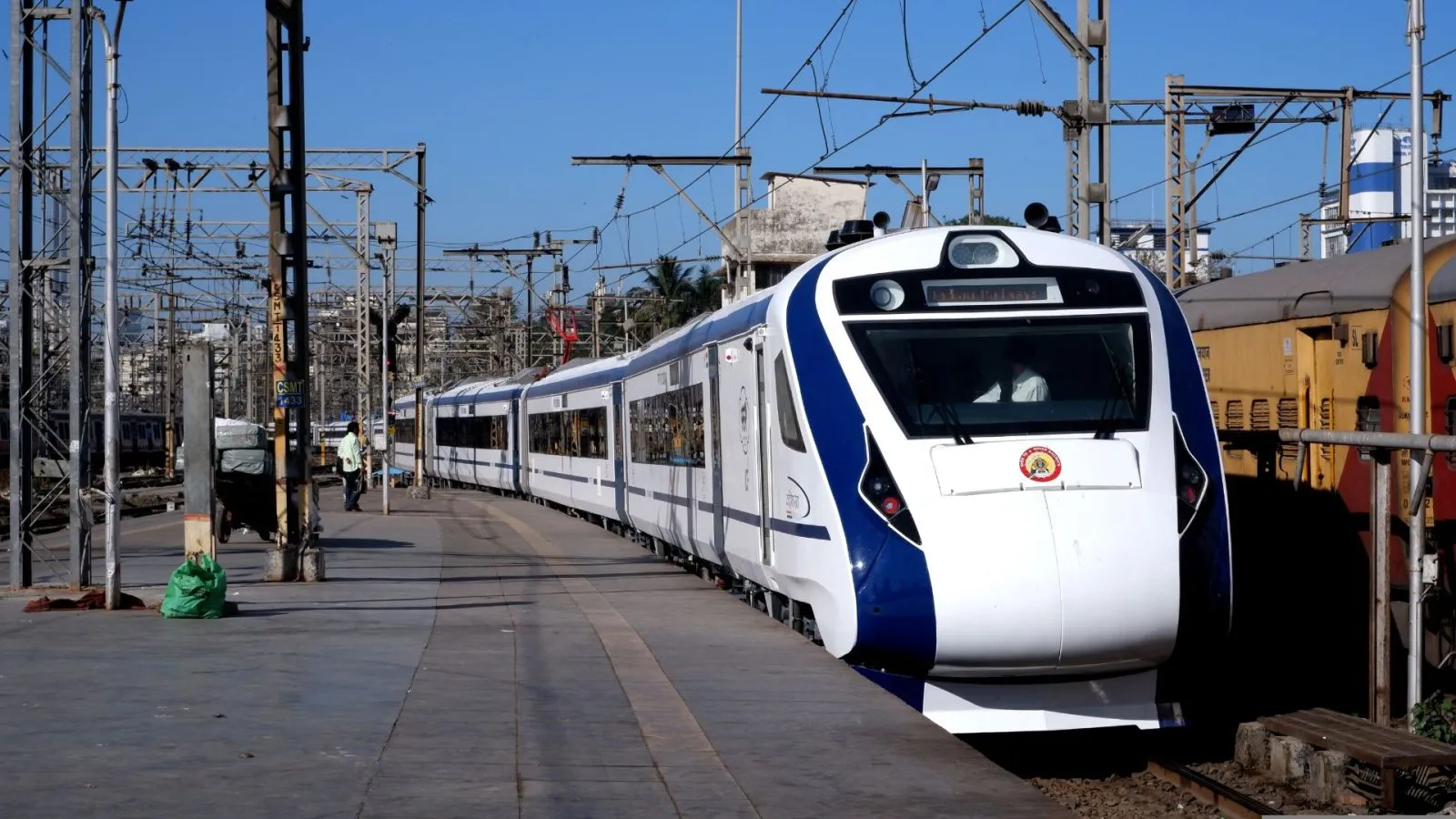India’s Infrastructure Sector Thrives with Vande Bharat Trains, Metro Expansions, and Renewable Energy Growth
India is continuing to make significant strides in its infrastructure sector, with major projects underway across key areas such as railways, urban development, renewable energy, and water supply. As the country looks towards the next few decades, the government has focused its efforts on creating a sustainable and efficient infrastructure network that will support its growing population and economy.
One of the standout achievements in India’s infrastructure development has been the remarkable growth in the railways sector. Indian Railways has seen a considerable expansion in its rolling stock, introducing 17 new pairs of Vande Bharat trains and producing 228 new railway coaches between April and October 2024. This expansion aims to modernise the railway network and improve passenger experiences across the country. In addition to this, the introduction of 91 Gati Shakti multi-modal cargo terminals has further boosted the efficiency of logistics and freight transportation in India. With over 2,741 kilometres of the Dedicated Freight Corridor commissioned, India is making significant progress towards a more streamlined and connected rail system. As part of its efforts to modernise and expand public transportation, India has also focused on metro rail development. Cities like Bengaluru, Delhi, Mumbai, and Hyderabad are witnessing large-scale metro expansions, which are expected to ease traffic congestion and reduce pollution in urban areas. In particular, Bengaluru’s Metro phase-4 and a number of other metro projects across the country are set to transform urban mobility and offer a cleaner, more sustainable transportation option.
In terms of water infrastructure, India has made impressive strides with the Jal Jeevan Mission. This initiative, which aims to provide piped drinking water to every rural household, has been progressing rapidly. By November 2024, eight states and three Union Territories achieved 100% piped water coverage, with the national coverage rising from 17% in 2019 to 79% in 2024. This significant progress highlights India’s commitment to improving water accessibility for its citizens, particularly in rural areas where water supply has historically been a challenge. India is also accelerating its shift towards renewable energy, which is set to play a major role in the country’s future energy landscape. With the country’s total installed renewable energy capacity reaching 209.4 gigawatts by December 2024, India is well on its way to meeting its ambitious renewable energy targets. Solar, wind, and hydroelectric power are at the heart of this transformation, with the country aiming to achieve 500 gigawatts of renewable energy capacity by 2030. This growth in renewable energy infrastructure not only supports India’s energy needs but also contributes significantly to its climate goals.
Furthermore, India’s Smart Cities Mission continues to reshape urban development. With projects worth ₹1.50 lakh crore already completed, the mission is improving urban spaces with better amenities, smarter infrastructure, and more sustainable living conditions. This initiative is helping cities become more livable and more resilient to future challenges, such as rapid urbanisation and climate change. These developments in India’s infrastructure are more than just about building roads, trains, and buildings—they represent the country’s efforts to create a modern, sustainable, and inclusive economy. With continued investments in critical sectors, India is positioning itself as a global leader in infrastructure and urban development. India’s infrastructure sector is undergoing a massive transformation, and these developments are set to drive long-term economic growth. As the country works towards a more connected, sustainable, and prosperous future, the ongoing efforts in railways, metro networks, renewable energy, and water supply are laying the foundation for India’s continued rise on the global stage.


